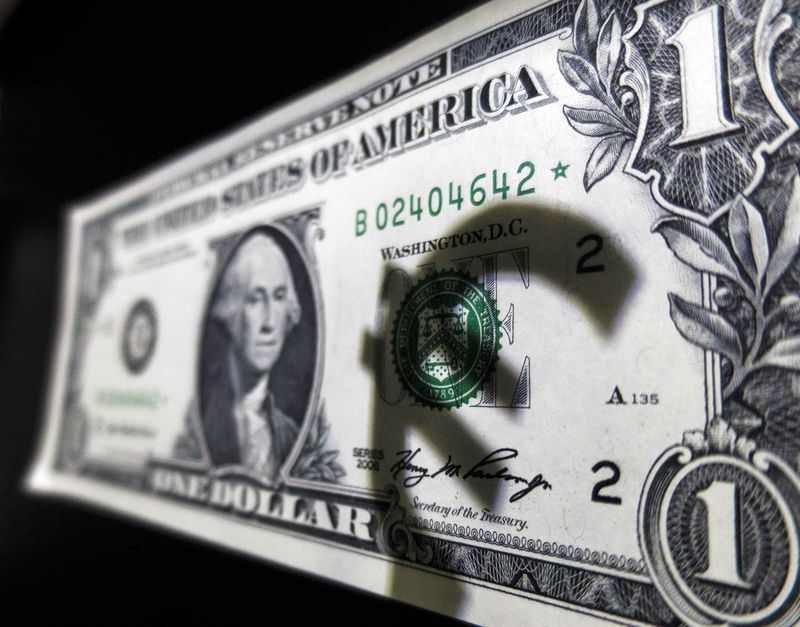* Euro stands near $1.0950 after vicious short-covering rally
* ECB disappoints euro bears with bare-minimum easing package
* All eyes on U.S. payrolls, upbeat report could aid dollar
By Ian Chua
SYDNEY, Dec 4 (Reuters) - The euro held onto lavish gains on Friday after boasting its biggest one-day surge in nearly seven years as the latest round of policy easing by the European Central Bank fell well short of investors' lofty expectations.
Bears scrambled to unwind short euro positions on a bare-minimum easing package in which the ECB cut its deposit rate by a mere 10 basis points and extended its asset buys by six months.
Following recent dovish comments from ECB President Mario Draghi, markets had expected more aggressive measures including a larger cut in the deposit rate and perhaps even an increase in the monthly pace of asset purchases.
The euro last traded at $1.0937 EUR= after shooting up 3.1 percent, its biggest one-day gain since March 2009. It had been as low as $1.0523, a level not seen since April.
Against the yen, the common currency rallied 2.5 percent and was last at 134.13 EURJPY=R . It also posted handsome gains on sterling EURGBP=R and commodity currencies such as the Australian dollar EURAUD=R .
The euro's explosive rally sent the dollar index .DXY reeling to a one-month low. The index shed 2.1 percent on Thursday, its worst performance since March 2009.
The magnitude of the move took some analysts by surprise.
"The extent of the move seems disproportionate both to the degree of disappointment delivered by the ECB and to positioning heading into the meeting," analysts at BNP Paribas (PA:BNPP) wrote in a note to clients.
"We expect to see good interest to sell euro into this latest move higher as we head into year-end, particularly if the Fed delivers a rate hike in December as we expect. Our $1.06 year-end target, which seemed perhaps too conservative just 24 hours ago, continues to look appropriate to us."
A December U.S. rate hike seemed almost baked in, barring any shocks in Friday's nonfarm payrolls report.
Federal Reserve Chair Janet Yellen, speaking before Congress' Joint Economic Committee on Thursday, said the United States may be "close to the point at which we should be raising" rates.
Yellen also said the U.S. economy needs to add fewer than 100,000 jobs a month to cover new entrants to the workforce, perhaps setting an implicit floor for jobs growth that policymakers want to see.
In contrast, analysts expect the November payrolls report to show 200,000 jobs were added last month. ECONUS
Heavy selling in the dollar against the euro saw the greenback lose ground against many of its peers as well.
Versus the yen, it slipped towards the bottom of a 122.23-123.77 range and last stood at 122.58 yen JPY= .
The Australian dollar climbed towards 74 U.S. cents AUD=D4 and flirted with its October peak of $0.7382, while the New Zealand currency briefly popped above 67 U.S. cents NZD=D4 for the first time in a month.
Australia's retail sales data due at 0030 GMT may provide a bit of distraction in the Asian session ahead of the U.S. jobs data. ECONAU
(Editing by James Dalgleish)
